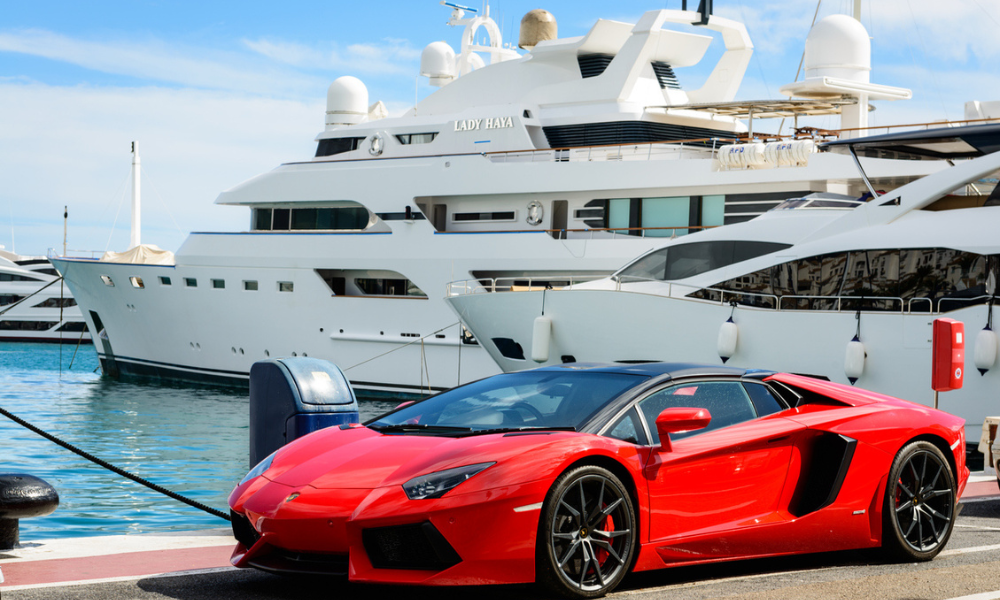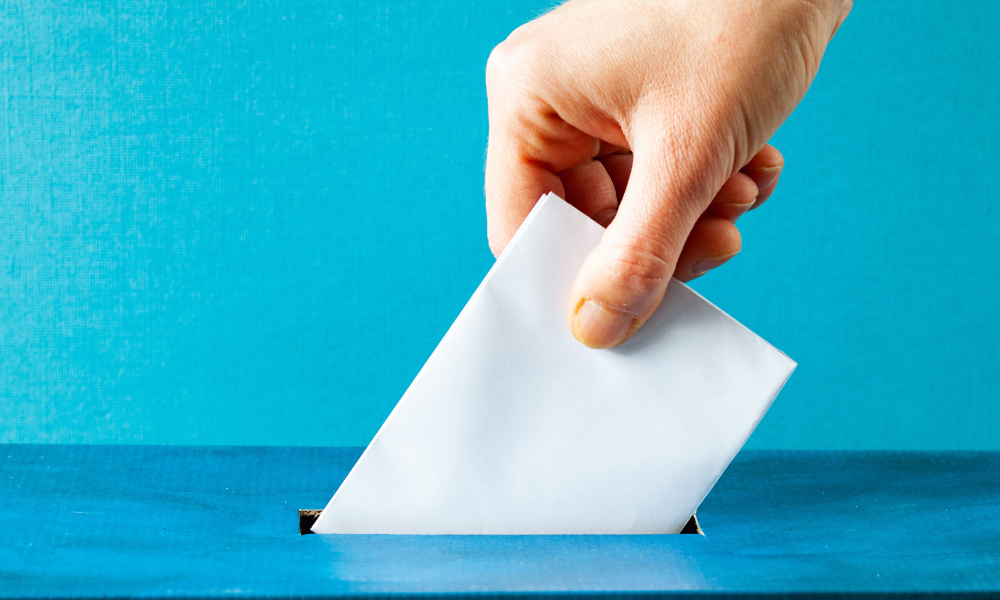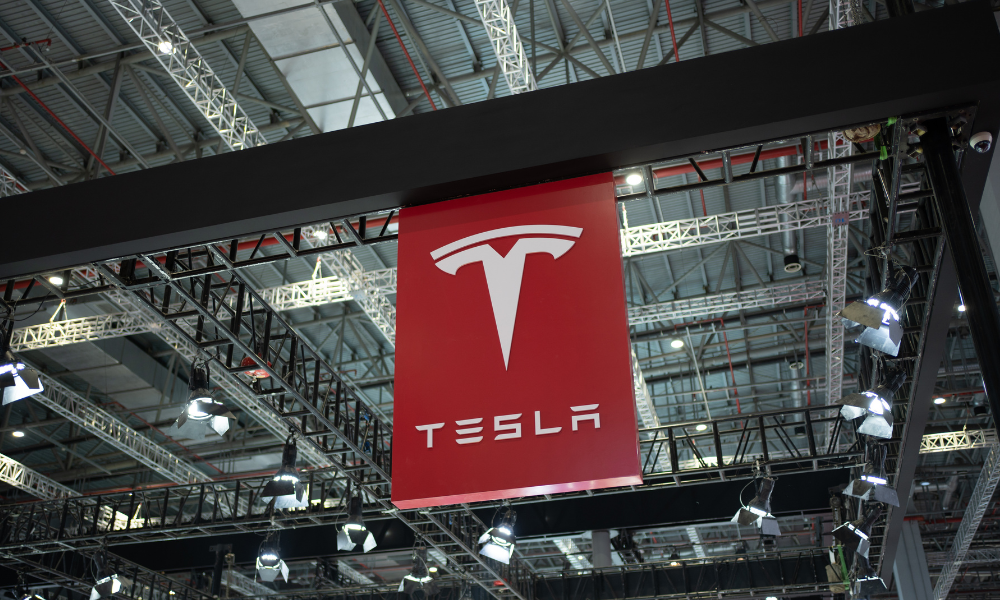Expert warns of unintended impact from policy measures aimed at 'fair share' taxation

An expert in taxes cautions that a new tax on yachts, high-end cars, and private planes intended to target the super-rich might also apply to environmentally friendly vehicles.
Cars, SUVs, private jets, and helicopters costing more than $100,000 will all be subject to the luxury goods tax, which will go into effect on September 1. Motorboats and other vessels costing more than $250,000 will also be subject to the federal tax.
Speaking to the Canadian Press, senior tax attorney Helena Gagne said the upcoming tax might also affect some hybrid and electric vehicles, such as models of the Tesla and BMW that cost more than $100,000.
Although they can be more expensive than vehicles that use fossil fuels, the federal government has been urging Canadians to invest in clean technologies and zero-emission automobiles.
According to Gagne, the Department of Finance stated "those who can afford to buy luxury products can afford to pay a bit extra" when the luxury tax was first established.
Find out in this article what luxury items are covered in Canada's luxury tax law.
“It seems to be assumed that it is only the wealthiest who will be impacted by the luxury tax but it is not necessarily the case,” the partner at Osler, Hoskin & Harcourt LLP, said.
“It can also impact indirectly taxpayers who may not consider themselves as being among the wealthiest but who may decide to purchase an electric vehicle with a retail sales price that happens to be over the $100,000 threshold,” Gagne added.
The measures, which were initially included in the 2021 budget, are not intended to affect the middle class, according to Adrienne Vaupshas, a spokesman for Finance Minister Chrystia Freeland.
She stated that the $250,000 cutoff point for the boat tax was specifically chosen so that it would only apply to superyachts and not middle-class families purchasing boats.
The initial budget proposal for 2021 included the tax. It will include expensive vehicles such as boats, planes, and cars purchased for leisure and personal use. Among the groups of vehicles excluded from the new levy are commercial vehicles, including small planes that sell seats, and emergency vehicles.
Depending on which is less, the tax is equal to 10% of the item's taxable value or 20% of the amount over the price threshold.
The federal government is under pressure from the NDP to impose higher taxes on the ultra-wealthy. But the confidence and supply agreement between the Liberals and NDP did not contain any measures to raise taxes on Canada's wealthiest citizens.
Niki Ashton, a critic for the NDP on issues of tax equity and inequality, stated that she wants the federal government to fix tax loopholes that she claims are being utilized by the extremely wealthy and companies to avoid paying billions in taxes.



